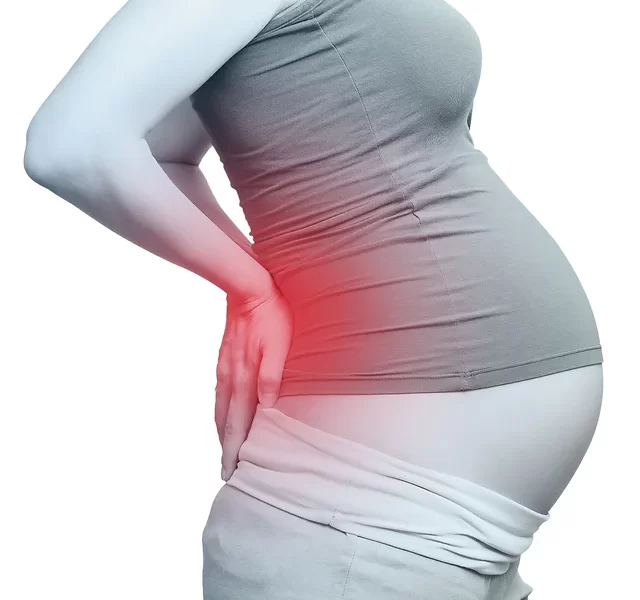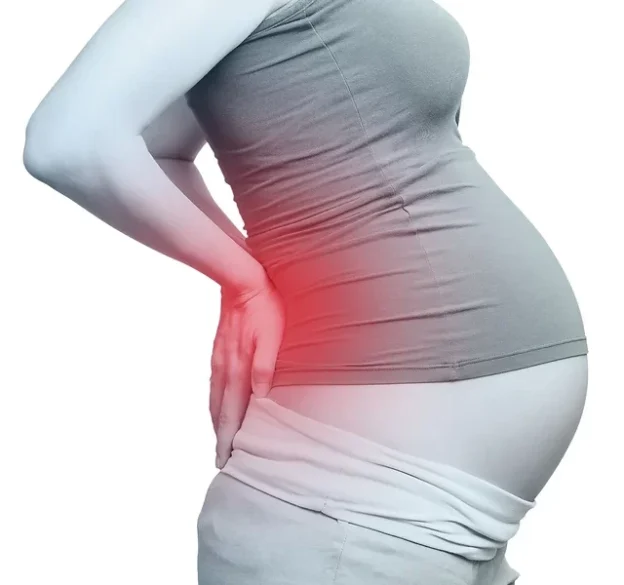Pregnancy and Back Pain – the best treatment is at Dr Raos, Guntur
Introduction
Back pain is a common complaint during pregnancy. In fact, it is estimated that 50-70% of pregnant women will experience some degree of back pain at some point during their pregnancy (1). The good news is that there are things you can do to help ease the discomfort and prevent further pain. The causes of back pain during pregnancy are often related to the physical changes that occur in your body as it prepares for childbirth. Looking for the best treatment for back pain in pregnancy look no further than Dr. Raos hospital in Guntur; Dr. Rao is the best neurosurgeon for the surgery.
These changes can put extra strain on your back and cause pain. Some other common causes of back pain during pregnancy include:
• Weight gain: As your baby grows, your body will gain weight. This extra weight can put strain on your back and cause pain.
• Posture: As your belly grows, your posture will change. This can cause strain on your back and lead to pain.
• Hormones: The hormones released during pregnancy can loosen the joints in your pelvis and back, which can lead to pain.
causes
There are many different causes of back pain during pregnancy. Some women experience it because of the extra weight they are carrying, while others may have back pain due to changes in their posture or hormones. Additionally, some pregnant women may have underlying health conditions that can contribute to back pain. Some of the most common causes of back pain during pregnancy include:
• Carrying extra weight: As your baby grows, you will gain weight. This extra weight can put strain on your back and cause pain.
• Changes in posture: As your belly grows, your posture will change. This can cause strain on your back and lead to pain.
• Hormonal changes: During pregnancy, your body produces a hormone called relaxin. This hormone relaxes the ligaments in your pelvis, which can lead to instability and pain in the lower back.
• Underlying health conditions: If you have a history of back pain or other health conditions such as arthritis, you may be more likely to experience back pain during pregnancy.
risk factors
There are several risk factors that can contribute to back pain during pregnancy. These include:
• Weight gain – as your baby and your body grow, the extra weight can put strain on your back and cause pain.
• Poor posture – as your belly grows, it can pull your spine out of alignment and lead to pain.
• Inactivity – not getting enough exercise can make your muscles weak and increase your risk of pain.
• An existing back condition – if you have a history of back pain or other problems, you may be more likely to experience pain during pregnancy.
diagnosis
The diagnosis of back pain during pregnancy is based on the symptoms and medical history of the woman. Physical examination can help to rule out other causes of back pain, such as a herniated disc or spinal stenosis. Imaging tests, such as X-rays, CT scans, or MRIs, are not usually needed to diagnose back pain during pregnancy.
treatment
There are many ways to treat back pain during pregnancy. Some women find relief with over-the-counter (OTC) medications, such as acetaminophen (Tylenol) or ibuprofen (Advil, Motrin). Others find relief with home remedies, such as heat or ice packs, massage, and stretching. If OTC medications don’t relieve your pain, your doctor may prescribe stronger medication. In some cases, epidural steroid injections or nerve blocks may be necessary. If you have severe back pain, your doctor may recommend surgery. Most women find that their back pain improves significantly after they give birth. However, some women continue to have back pain after delivery. If your back pain does not improve after delivery or gets worse, be sure to talk to your doctor about other treatment options.
prevention and exercises
There are a few things you can do to help prevent back pain during pregnancy. First, avoid high-heeled shoes and wear comfortable, supportive shoes. Second, when sitting, use a chair that supports your back and avoid sitting for long periods of time. Third, when lifting, bend at your knees and not at your waist. Finally, exercise regularly to maintain good muscle tone and flexibility in your back and abdominal muscles. There are also specific exercises you can do to help prevent or relieve back pain during pregnancy. First, start by doing pelvic tilts. To do this, stand with your feet hip-width apart and place your hands on your hips. As you exhale, tilt your pelvis forward and tuck in your buttocks. As you inhale, return to the starting position. Second, do hamstring stretches by lying on your back with a pillow under your knees. Bend one knee and bring it toward your chest while keeping the other leg straight. Hold for 30 seconds and then switch legs. Third, do modified planks by lying on your forearms and knees with your feet hip-width apart. Slowly lift up your hips so that your body forms a straight line from shoulders to knees. Hold for 30 seconds and then lower down. Repeat 3 times. These exercises can help prevent or relieve back pain during pregnancy. However, if you experience severe back pain, please consult with your doctor or healthcare provider.
Conclusion
In conclusion, pregnancy and back pain can be a difficult experience for many women. However, by understanding the causes and risk factors, as well as the available treatments and preventative measures, it is possible to manage the condition and improve quality of life. With the proper care, pregnant women can enjoy a healthy pregnancy and delivery. Looking for the best treatment for back pain in pregnancy look no further than Dr. Raos hospital in Guntur; Dr. Rao is the best neurosurgeon for the surgery.


